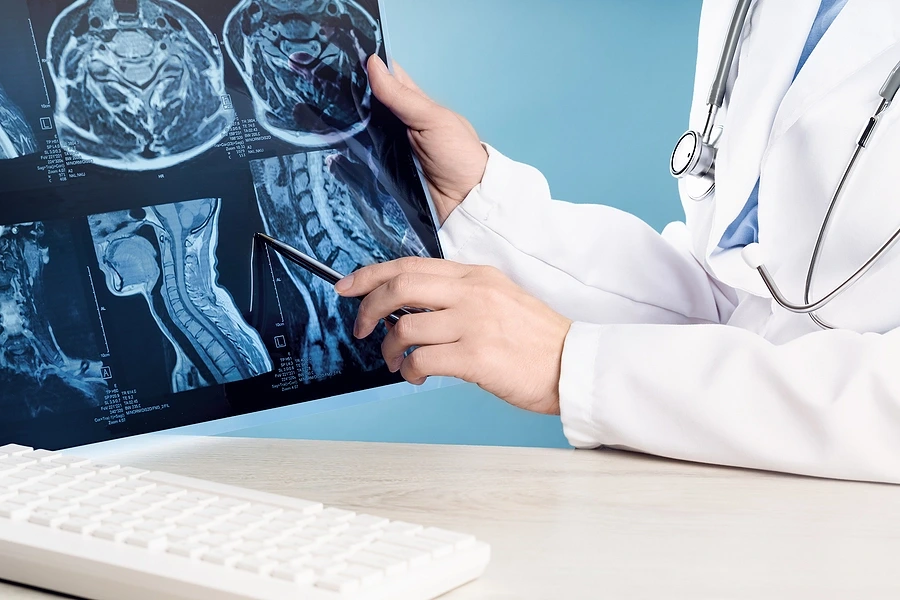Protecting the Brain: Causes and Consequences of Brain Injuries in Accidents

Accidents can occur when we least expect them, and one of the most devastating consequences of accidents is a brain injury. In Florida, as in many other places, understanding the causes and consequences of brain injuries is crucial for both prevention and legal recourse in personal injury cases. In this article, we will explore brain injuries resulting from accidents in Florida and the importance of protecting the mind.
The Causes of Brain Injuries
Brain injuries can result from various accidents, including:
- Car Accidents: Motor vehicle accidents are a leading cause of traumatic brain injuries (TBIs). The force of impact can lead to head trauma and brain injuries.
- Slip and Fall Accidents: Falling and striking one’s head on a hard surface can result in a TBI, especially among the elderly.
- Sports and Recreational Activities: Participation in contact sports or high-impact activities can lead to concussions and TBIs.
- Workplace Accidents: Certain industries, such as construction, pose a higher risk of accidents that can result in brain injuries.
- Medical Malpractice: Surgical errors, anesthesia complications, or birth injuries can lead to brain injuries.
- Assaults: Physical assaults and violent incidents can result in head trauma and brain injuries.
Types of Brain Injuries
Understanding the different types of brain injuries is essential:
- Traumatic Brain Injury (TBI): TBIs result from external force or impact to the head. They can range from mild concussions to severe injuries with long-term consequences.
- Acquired Brain Injury (ABI): ABIs occur due to non-traumatic factors such as strokes, infections, or oxygen deprivation. These injuries often have medical implications.
- Concussion: A concussion is a mild TBI commonly associated with sports and falls. While it may not always show visible signs, it can have lasting effects on cognitive function.
Recognizing Symptoms
Identifying symptoms of a brain injury is crucial for early intervention:
- Physical Symptoms: Headache, nausea, dizziness, blurred vision, and loss of consciousness.
- Cognitive Symptoms: Memory problems, confusion, difficulty concentrating, and mood changes.
- Behavioral Symptoms: Irritability, mood swings, and changes in social behavior.
Legal Recourse for Brain Injuries
If you or a loved one has suffered a brain injury due to someone else’s negligence, pursuing legal action may be necessary to obtain compensation for medical bills, lost wages, and pain and suffering. Consult a personal injury attorney experienced in brain injury cases to assess your options.
Preventing Brain Injuries
Prevention is the most effective way to reduce the impact of brain injuries:
- Wear Helmets: Use helmets when cycling, skateboarding, or participating in contact sports.
- Buckle Up: Always wear seat belts while driving or riding in a vehicle.
- Fall Prevention: Install handrails, maintain well-lit areas, and address hazards to prevent slip and fall accidents.
- Safety Equipment: Use appropriate safety gear and equipment in high-risk workplaces and activities.
- Medical Care: Seek prompt medical attention for head injuries, even if symptoms seem mild.
If you have been involved in an accident resulting in brain injuries, remember to reach out to a personal injury attorney to help you fight for the justice and compensation you deserve.
Conclusion
Brain injuries can have life-altering consequences, affecting not only the victim but their entire family. By understanding the causes, recognizing symptoms, and taking preventive measures, we can work towards reducing the incidence of brain injuries in Florida and protecting the well-being of our community.
